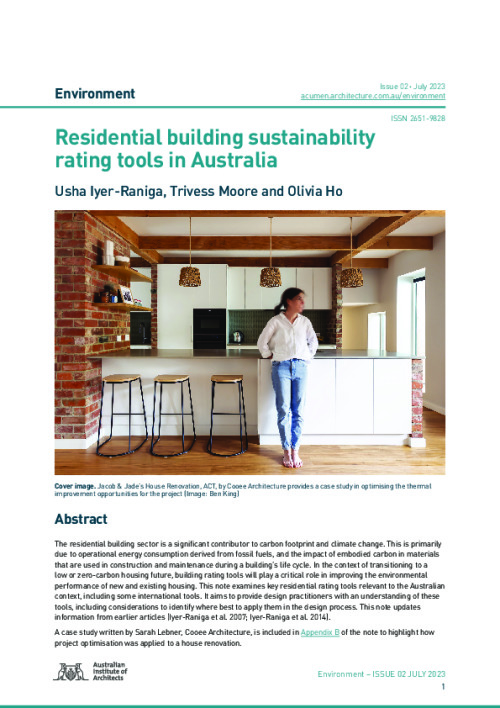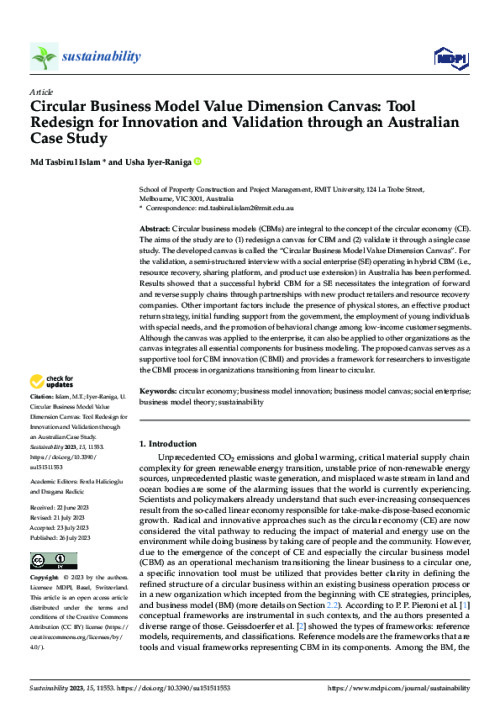Exploring PV Waste Management Solutions Using Circular Strategies
Australia’s uptake of solar (photovoltaic) energy represents a positive change towards renewable energy. However, the full impact of such energy needs to be understood. Understanding how photovoltaic (PV) panels are manufactured, used and finally managed at end of useful life in Australia, is required. PV waste represents a loss of valuable materials which can be reintroduced into the manufacturing industry, but also pose an environmental and human health hazard.
This research is conducted using qualitative research methods. Interviews with academic, government, PV organizations, installers and retailer groups are compared with other text-based data, such as traditional peer review and grey literature review on overseas best practice examples to identify possible strategies to be adopted in Australia. This study presents solutions from an academic and social perspective. Solutions are sought using the 10 R’s of circularity and is complemented by the ReSOLVE framework; as these provide a comprehensive approach to minimize waste across the PV lifecycle stages.
The insights of this study show the adoption of circular economy solutions for PV waste management in Australia can take place if regulations and incentives (including fiscal incentives) are established. These point towards the need for a system where tailored solutions for each stage of the lifecycle of a PV panel are designed and specified through standards, responsibilities, costs and logistics; hence, unlocking end markets for second life PV panels and its recovered materials. Such a system of solutions represents a framework that needs to be supported by government and lead by industry demand. Professor Usha Iyer-Raniga is at the School of Property and Construction Management at RMIT University. Usha is co-leading the One Planet Network’s Sustainable Buildings and Construction Programme (SBC), United Nations 10 Year Framework of Programmes on Sustainable Consumption and Production (UN 10FYP SCP) aligned with Sustainable Development Goal 12, as well as the newly formed Integrated Platform for Circular Economy, Climate Resilience, and Energy. This research is directly related to the work of the UN OPN SBC programme.

